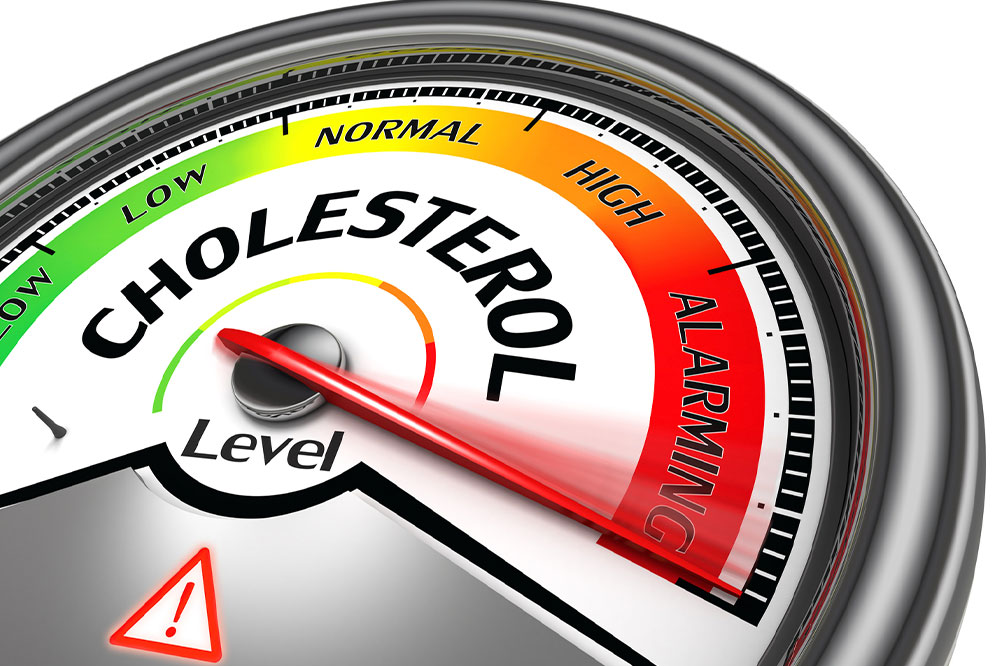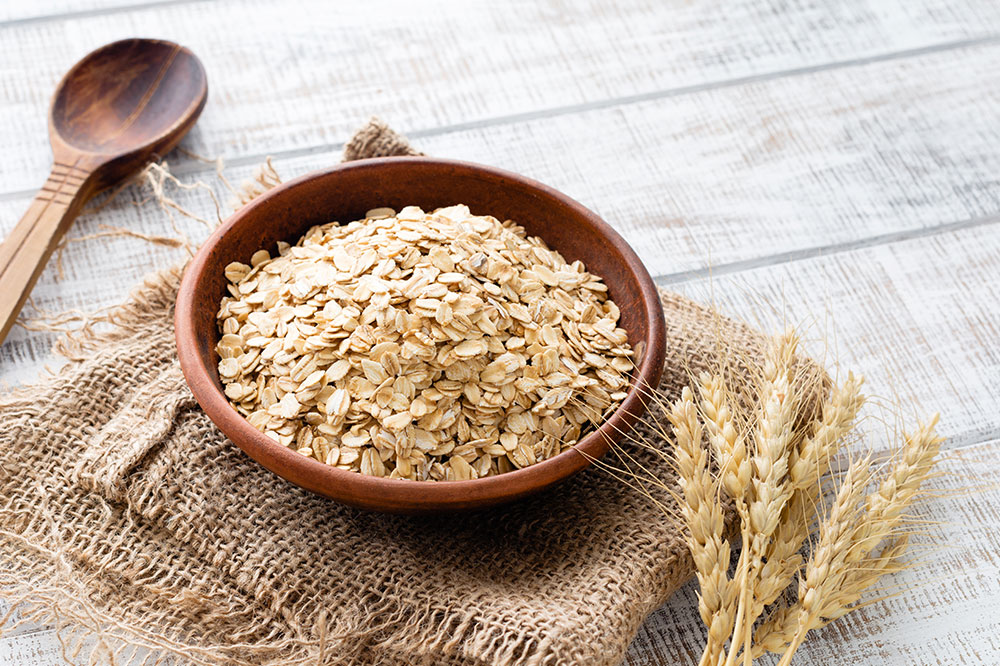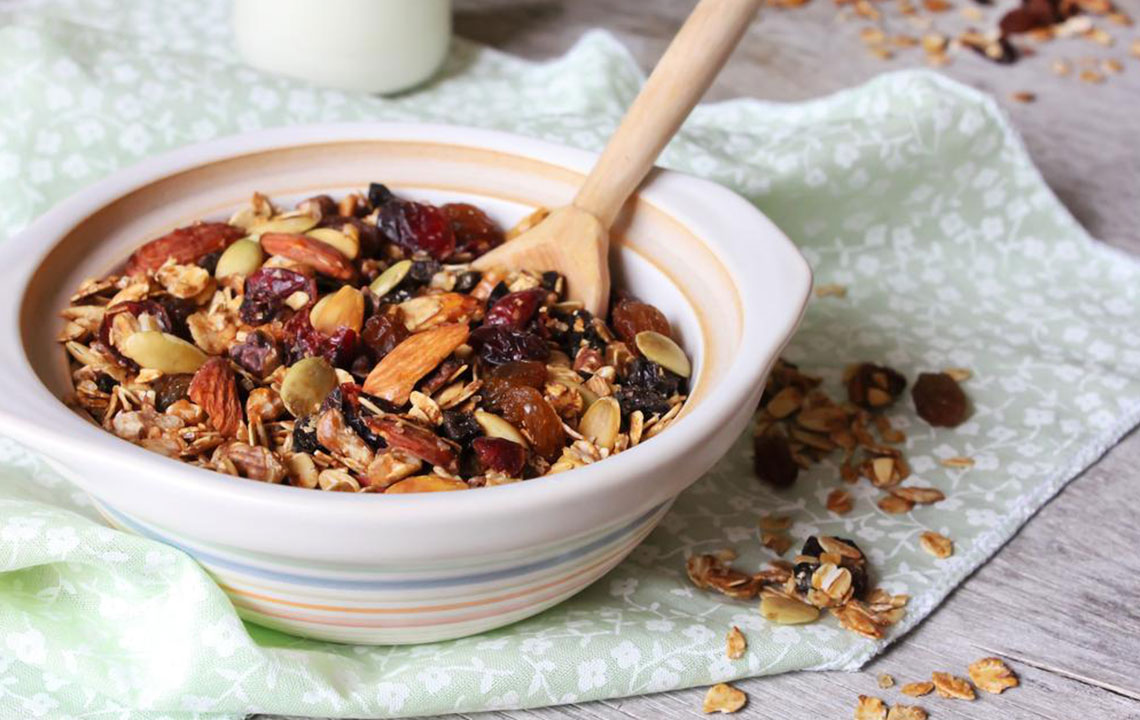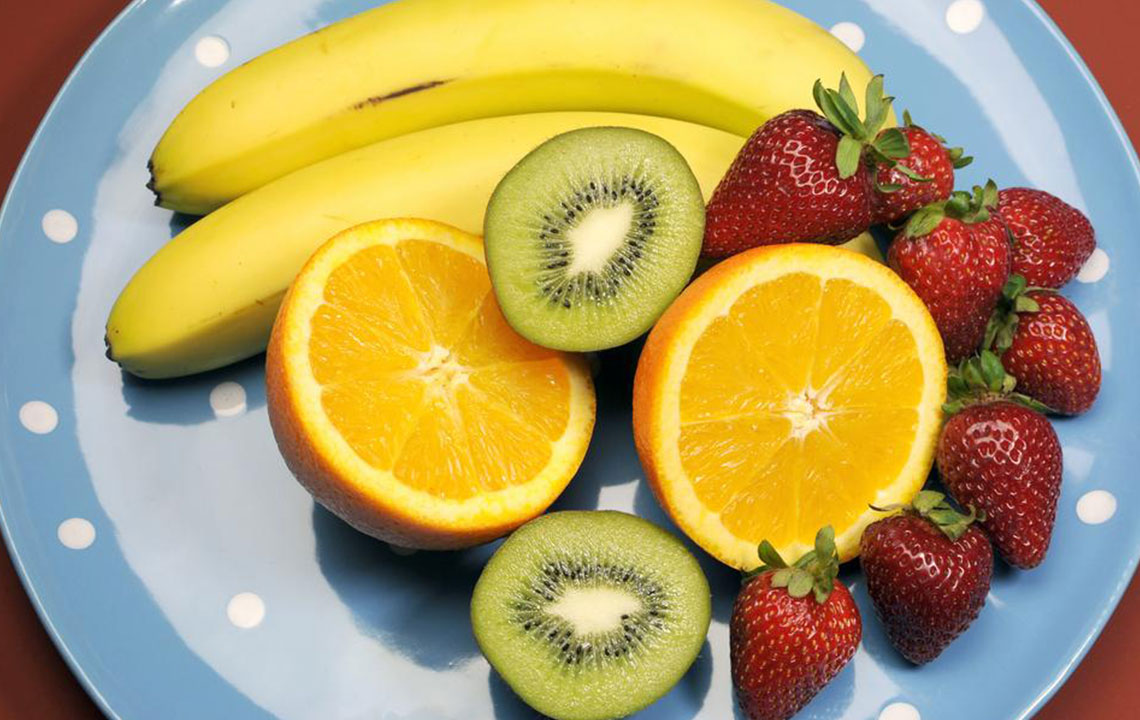Essential Insights into Managing Cholesterol Levels
This comprehensive guide explains the essentials of cholesterol, its types, and how lifestyle changes can improve blood cholesterol levels. Learn about healthy fats, foods to include, and the importance of regular check-ups. Incorporating simple dietary and exercise habits can significantly reduce cardiovascular risks, supporting overall heart health. Consult your healthcare provider for personalized advice and explore natural strategies to maintain balanced cholesterol levels effectively.

Essential Insights into Managing Cholesterol Levels
The term cholesterol originates from Greek roots: 'chole-' meaning bile and 'stereos' meaning solid. It is a type of sterol, a modified steroid, and appears as a waxy, fat-like substance in all body cells. Cholesterol is vital for producing hormones, vitamin D, and digestive compounds. While your body synthesizes all necessary cholesterol, it also comes from the foods you eat, making diet a crucial factor in maintaining balanced cholesterol levels. Appropriate levels support overall health, but excess intake can be problematic.
Consuming excessive dietary cholesterol may elevate your blood cholesterol.
Do humans naturally have cholesterol?
Yes, because your body requires it for many vital functions. Cholesterol helps maintain cell membrane structure and fluidity. As per the American Heart Association, cholesterol circulates throughout your body via lipoproteins, which are complexes of fats and proteins.
LDL and HDL Explained
Cholesterol is transported by two main lipoproteins: low-density lipoprotein (LDL), often called 'bad' cholesterol, and high-density lipoprotein (HDL), known as 'good' cholesterol.
Blood tests measure the levels of these lipoproteins, aiding in overall cardiovascular health assessment. Regular testing, ideally during annual check-ups, is recommended. If not scheduled, ask your healthcare provider for this test.
LDL (Bad) Cholesterol
LDL is considered harmful because high levels can lead to plaque buildup in arteries (atherosclerosis). This narrows arteries, increasing the risk of heart attacks, strokes, and peripheral artery disease.
HDL (Good) Cholesterol
HDL acts as a cleanup crew, removing LDL cholesterol from arteries and helping maintain vessel health. Higher HDL levels are protective against cardiovascular events.
Should all fats be removed from the diet?
No, incorporating healthy fats is beneficial. Focus on consuming unsaturated fats found in nuts, seeds, vegetable oils, and fish. Avoid trans fats present in processed foods, which raise bad cholesterol and lower good cholesterol, increasing health risks. Saturated fats in moderation from sources like red meat and dairy are acceptable.
Optimal levels for cholesterol
LDL cholesterol should be below 100 mg/dL, while HDL should be between 40-60 mg/dL. Elevated HDL provides added heart protection.
Ways to improve cholesterol through lifestyle changes
Begin by improving your diet and increasing physical activity. Add soluble fiber from oats, fruits, beans, and vegetables to help lower LDL. Eliminate trans fats found in processed snacks and fried foods, as they worsen cholesterol profiles. Weight loss even a few pounds can reduce LDL and improve circulation. Incorporate regular moderate exercise, such as brisk walking, to boost HDL levels. First, consult your doctor before starting new routines.
Foods beneficial for cholesterol management:
Herbs and Spices
Spices like garlic, ginger, turmeric, cumin, and herbs such as rosemary and sage contain antioxidants and anti-inflammatory properties that support heart health.
Light to moderate red wine consumption
Consuming small amounts of red wine may help reduce the risk of cardiovascular events due to antioxidants like resveratrol.
Dark chocolate
Dark chocolates with at least 70% cocoa contain flavonoids that combat oxidative stress and may improve arteries. Look for additive-free options.
Soy Foods
Replacing fatty meats with soy-based options can lower saturated fat intake, providing proteins and nutrients that support heart health.
Incorporate foods such as olive oil, spinach, fatty fish like salmon, unsalted nuts, beans, and green tea. If lifestyle modifications are insufficient, your doctor might recommend medications to regulate cholesterol.
Always consult healthcare professionals for personalized advice and treatment options.










